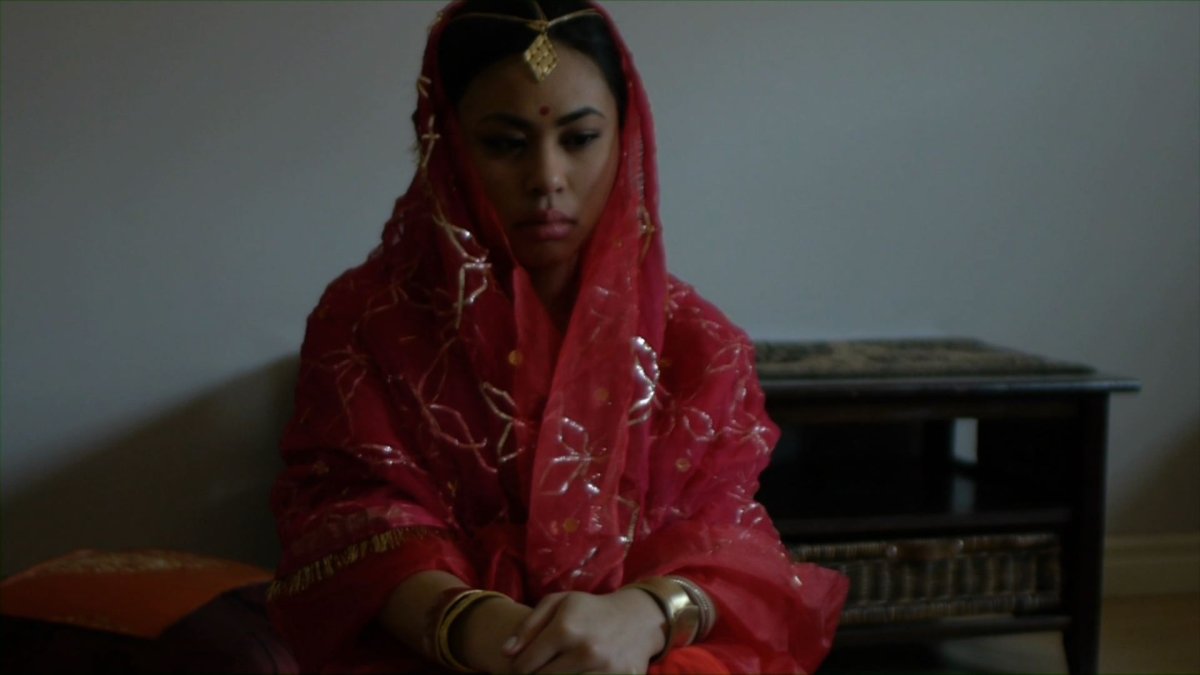Bill S-7, short titled “Zero Tolerance for Barbaric Cultural Practices Act,” aims to make forced marriage a criminal offence. If the bill passes anyone who forces someone to marry against their will could be convicted of a criminal offence and sentenced to up to five years in prison. The new law would also make 16 the minimum age for someone to marry.

Citizenship and Immigration Minister Chris Alexander is the lead on Bill S-7. He said if the law changes, anyone who officiates, aids and/or participates in a forced marriage will be committing a crime.
“It is barbaric. It is not acceptable in Canada and we want to send that message very clearly inside the country and to those thinking of coming here,” said Alexander.
Bill S-7 is expected to pass this summer. But some critics say the legislation is not dealing with the real issue, but rather targeting certain ethnic and religious communities in Canada.
READ MORE: To Honour and Obey: Women and girls forced to wed against their will
“I find it very offensive,” said Shalini Konanur, the executive director of the South Asian Legal Clinic of Ontario, a legal aid clinic that handles forced marriage cases.
“I think Bill S-7 was targeted at South Asian communities, African communities, certain religious communities that the federal government has said maybe have been ‘anti-woman’.”
Konanur points out that forced marriage is cross-cultural and has been going on in Canada for decades.
“The issue of forced marriage itself is not endemic to a specific barbaric cultural practice,” explained Konanur. “Historically there has been a tradition back from colonization all the way through to the 70s and now right up to the 2000s.”
WATCH BELOW: An extended interview with Shalini Konanur
Deepa Mattoo, a lawyer with the South Asian Legal Clinic, points to colonial imposed marriages between First Nations women and settlers as an example of forced marriage in Canada.
“It was not necessarily classified as forced marriage but the practices were enshrined in many ways of forced marriage such for purpose of wealth management and creating empire,” Mattoo explained.
- What is a halal mortgage? How interest-free home financing works in Canada
- Capital gains changes are ‘really fair,’ Freeland says, as doctors cry foul
- Ontario doctors offer solutions to help address shortage of family physicians
- Budget 2024 failed to spark ‘political reboot’ for Liberals, polling suggests
Sapoznik has spent years researching the history of forced marriage in Canada. She said part of the problem is the terminology; the practice hasn’t been called forced marriage until relatively recently.
“When you are looking for cases it is kind of often hidden in marriage case law, often in divorce proceedings, or annulment applications,” explained Sapoznik. “I went back as far as confederation in Canada. They really range in community and culture.”
Sapoznik pointed out another example, the so-called “shotgun” wedding, a common practice in many cultures of forcing a man and women to marry when they have conceived a child out of wedlock. The practice, which was fairly common up until the 1960s and is still happening today, would be considered a crime under the new law.
To learn more about Bill S-7 and forced marriage in Canada, watch “To Honour and Obey” this Saturday at 7pm on 16×9.




Comments